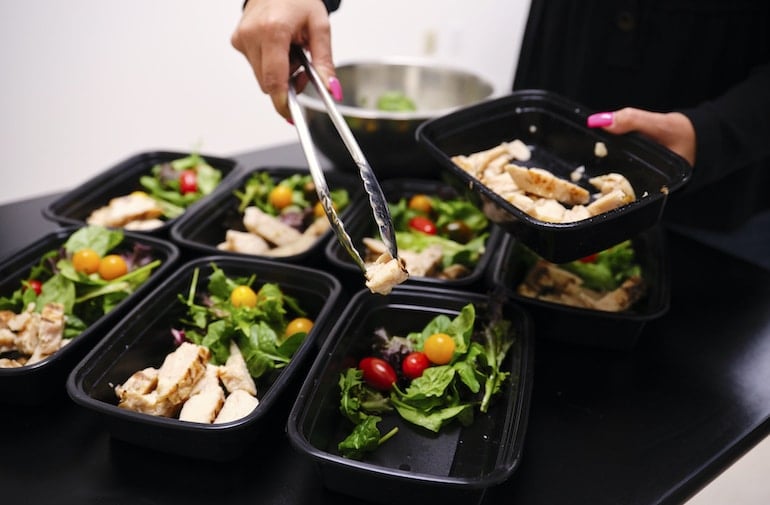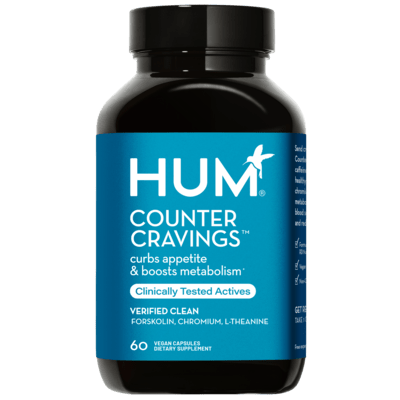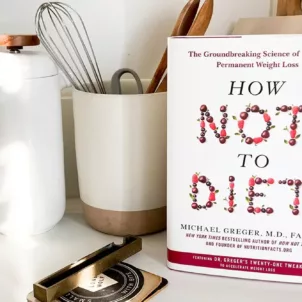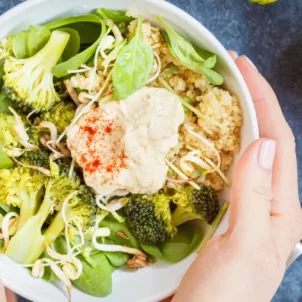THE WELLNEST • Food • Healthy Eating
7 Healthy Eating and Nutrition Habits to Adopt Now
By Carrie Gabriel, MS, RDN •
January 11, 2021
Carrie Gabriel, MS, RDN, shares a variety of diet and lifestyle hacks that promote healthy eating and nutrition habits.
If you’d like to form better eating habits, now’s as good a time as any to start making progress. Contrary to popular belief, this goal doesn’t require drastic diets or unsafe cleanses. In fact, a few small, simple tweaks can make a big difference.
Whether you wish to try new things, manage your weight, or generally improve your nutrition, consider this your go-to guide to prioritize healthy eating habits.



7 Nutrition Habits Worth Adopting
For inspiration on how to develop healthy eating habits, here are some ideas you can try to incorporate into your daily routine.1. DRINK MORE WATER
General rules of thumb are to drink around half your weight in ounces—or otherwise around eight cups—of water per day. However, according to Harvard Health Publishing, generally healthy people should drink around four to six cups of water daily. Yet at the same time, they also state that water intake should be individualized. Several factors come into play here, including but not limited to your medications, weight, and exercise frequency and intensity. If you know you don’t drink enough H2O or often feel dehydrated, here are two simple ways to remember to hydrate more:- Set a glass of water by your bed so you’ll drink it first thing in the morning.
- If you sit at a desk all day, keep a fun, bright water bottle nearby to remind you to keep sipping.

2. Plan Your Meals Each week
I’m not saying you need to plan ahead for every meal. However, planning out a few breakfasts, lunches, and dinners each week means you’re mindful and deliberate about what you eat. Also, meal planning will make it less likely for you to purchase unhealthy items. Meanwhile, it can help you prioritize foods that give you the nutrients you need. Moreover, meal planning means more home cooking, which helps you stay connected to food quality and portion control. Bonus: Planning your meals also means you’re less likely to spend money on takeout and delivery. By keeping both your body and wallet healthy, you get a double win with this healthy nutrition habit.3. try new recipes
Consider mixing things up by challenging yourself in the kitchen. For starters, instead of ordering takeout, try to learn one new recipe a week. Research shows this nutrition habit can encourage higher self-esteem and sense of purpose in individuals. Plus, you can foster greater connections by cooking with loved ones. In short, engaging in new culinary experiments can boost your confidence in the kitchen, clock in quality time, and help you save money.4. eat seasonal produce
Did you know that our bodies are meant to eat with the seasons? Eating fruits and vegetables in season provides your body with necessary nutrients appropriate for the time of year. For instance, late-fall and winter produce like broccoli, cauliflower, squash, and pears are rich in vitamin C, which helps bolster immunity during cold and flu season. Plus, when you eat in-season produce, it’s at its peak for:- flavor
- health benefits
- environmental sustainability
- pricing

5. Trick Yourself into Choosing Healthier Foods
In a series of experiments, participants who were presented with “indulgent” food items first subsequently chose healthier meals and consumed fewer calories. Essentially, initially seeing the less healthy options triggered people to opt for more nutritious fare instead. Based on these psychological findings on food presentation, the next time you order off of a menu, it may be smart to browse more decadent options first to trick your mind into choosing something healthier. Note: Keep in mind that deprivation can spark cravings. That said, indulging every so often can help prevent binges and maintain healthy eating habits.6. Get Enough Sleep
Wondering why getting enough sleep can result in better nutrition habits? First, proper rest keeps excess cortisol at bay. When it comes to dietary health, high cortisol levels are linked to:- insulin resistance
- sugar cravings (including late-night snacking)
- weight gain

7. Think of Good Nutrition Habits as Self-Care
Minding your emotional health is just as important as focusing on your physical well-being. Standard ways to practice self-care include:- getting rest
- finding ways to relax
- creating + building healthy relationships with the people around us
Final Thoughts
In sum, work hard and set goals for yourself as you develop better nutrition habits. Yet at the same time, it’s essential to be aware of your boundaries and accept limitations around certain circumstances. Doing so can help you stay positive and motivated to continue making progress on your dietary goals.More like this









